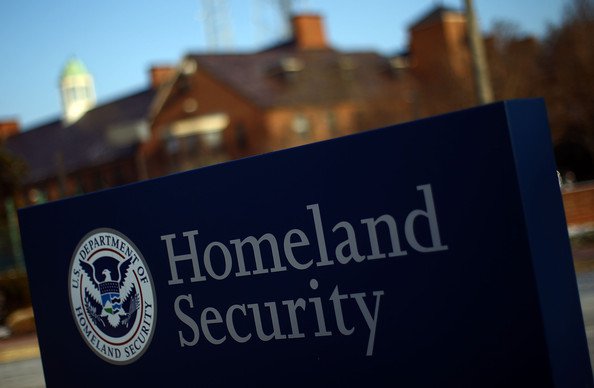Unprecedented: This federal agency DOESN’T WANT added powers it would get under new cyber security bill
10/30/2015 / By usafeaturesmedia

(CyberWar.news) It isn’t often in this day and age that a federal intelligence agency expresses little interest in acquiring more power, but that’s the feeling of top officials from the Department of Homeland Security when it comes to a controversial new cyber security bill currently under consideration in Congress.
As reported by Defense One, the Senate last week debated a bill that would give DHS unprecedented access to Americans’ personal information under the guise of protecting the nation from future cyber attacks.
The measure – the Cyber Information Sharing Act, or CISA – grants companies legal immunity to send DHS a great deal of information about users of their websites. The agency would then be given authority to speed that minimally anonymized data to the National Security Agency, Department of Defense, the FBI, the FCC and other federal agencies. Oddly, that may also mean that foreign militaries could wind up with the data as well, Defense One notes.
As Natural News has previously reported, opponents of the measure have argued that its overly broad provisions mean that the government will have ready access to Americans’ personal information, and without a court order as required by the Fourth Amendment to the Constitution.
- Have you ‘liked’ Cyberwar.news on Facebook? Click here!
The site reported further:
Though its backers are selling this legislation as necessary to shore up cybersecurity – which, admittedly, appears to be lacking in the federal government, as evidenced by the recent hack of tens of millions of current and former federal employees purportedly by China – critics claim that the measure is a straight-up surveillance bill that won’t stop hackers. Rather, it essentially legalizes all forms of government and corporate spying…
In July, the last time the Senate took up the measure, DHS officials identified a number of problems with CISA. In a seven-page memo,[PDF] the department argued that the bill “could sweep away important privacy protections, particularly the provisions in the Stored Communications Act limiting the disclosure of the content of electronic communications to the government by certain providers.”
Also, as other critics have pointed out, DHS noted that the measure won’t substantially improve cyber security, either.
“These provisions would undermine the policy goals that were thoughtfully constructed to maximize privacy and accuracy of information, and to provide the NCCIC with the situational awareness we need to better serve the nation’s cybersecurity needs,” said the memo.
Speaking at a recent cyber security event, Dough Maughan, head of DHS’s cyber security division at its science-and-technology directorate, echoed those concerns.
“Do you really want some centralized entity being the router for everybody? And isn’t there a better way for us to share information in a different fashion instead of one organization receive it all and then try to farm it out to everybody else?” he said, as reported by Defense One. “It would seem to me, in a global community, we ought to come with some more technically smart mechanisms for information sharing than a centralized hub.”
Nevertheless, national security hawks in Congress, as well as attorneys associated with privacy and security, are in favor of CISA’s passage. They point out that currently, any telecom that voluntarily shares users’ personal data with the government could lead to legal trouble if the pre-arranged nondisclosure agreements don’t cover all federal agencies.
- Check out our Cyberwar.news Cyber Cafe merchandise: ‘Who knew 1’s and 0’s could be so dangerous?’ Today!
See also:
Franken.Senate.gov[PDF]
Tagged Under: CISA, cyber security, electronic surveillance, federal agency, Fourth Amendment, US government




















